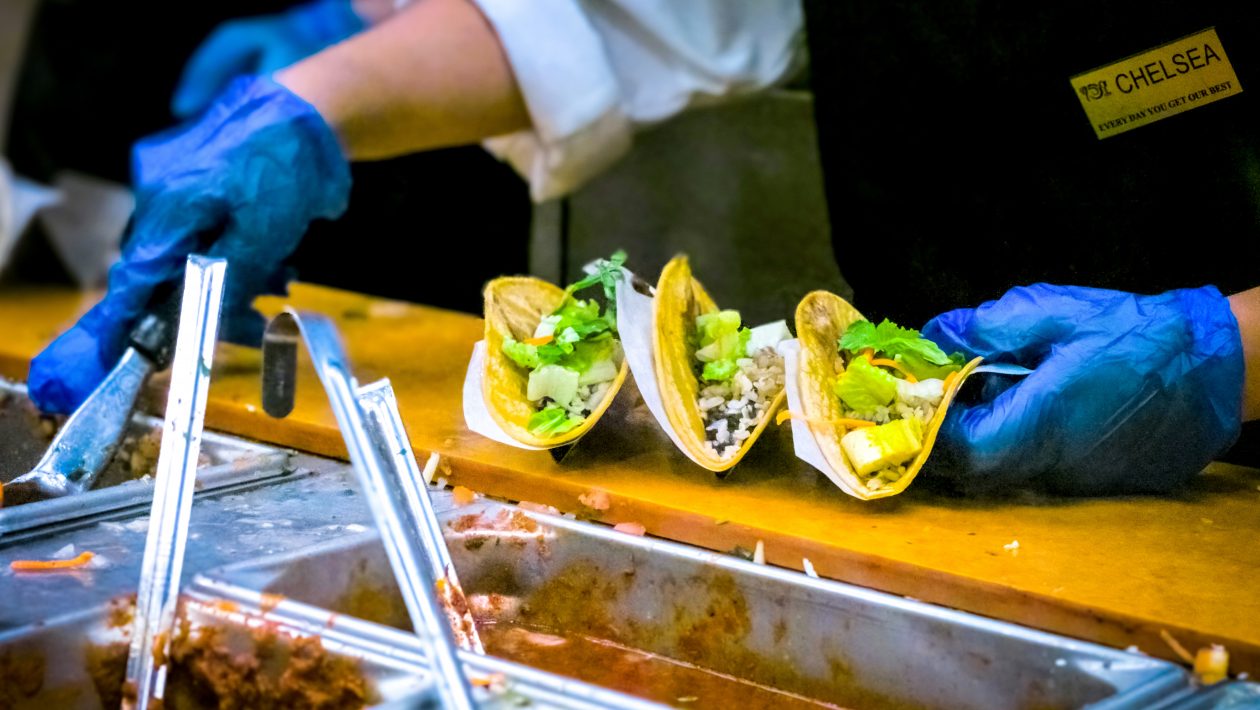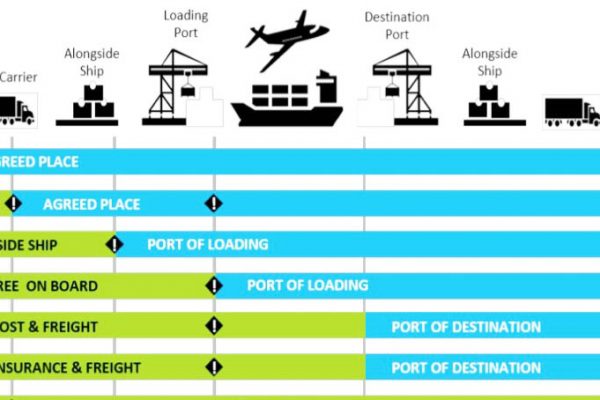8 Career Options You Can Take After Culinary School.One’s passion for food can go beyond just wanting to cook for yourself; it can also inspire, delight, and even create communities. If you’re willing to invest time and hard work on culinary training, you’re probably thinking of turning your culinary arts education into a career.
When you attend a culinary arts school, people often assume that you’re aiming to work in a restaurant. There’s nothing wrong with that, of course. It’s a great career choice and one that can fulfill a lot of your dreams in the culinary world.
But there’s more for culinary graduates than just that. There are plenty of opportunities out there that you probably haven’t realized were even an option for people into cooking.
From being a food stylist and food writer to developing recipes and working as a nutritionist, there are plenty of career paths you can take after finishing your training in culinary school.
Here’s a quick glance at what awaits you after graduation:
1. Restaurant Chef
Since it’s already out there, the first career path you can consider taking after culinary school is becoming a restaurant chef. Aside from being one of the most obvious choices, working in a restaurant has several subcategories and positions in the kitchen, each with a specific role to play.
Some of the positions you can potentially get are:
- Executive Chef – An executive chef is responsible for overseeing daily operations in a hotel or restaurant kitchen, from hiring and training to ensuring the quality of food served to guests.
- Sous Chef – The sous chef is second in the chain of command, just under the executive chef. This role entails planning the direction of food preparations inside the kitchen, including the menus and creating unique dishes for the guests.
- Line Chef – Also called “prep cooks,” the line chef is responsible for prepping food and plating the dishes as described on the menu. Some line chefs are also responsible for grilling or preparing vegetables for cooking.
2. Caterer
Catering is much like restaurant cooking. The only difference is that the crowd you’ll need to feed is typically larger. This is because your clients will likely order food for special events like weddings, conferences, and even festivals.
Of course, the kitchen brigade will most likely have the same structure as the restaurant kitchen. This means you can also work your way up the ladder and get promoted to become an executive chef.
Also, most of the skills and techniques you need to learn are the same, including menu and recipe creation. The difference lies in how the food will be served (i.e., buffet) and the serving times (i.e., depending on the occasion).
3. Personal Chef
Aside from being an executive chef, many culinary school graduates aim to become a personal chef for celebrities and big personalities. It is one of the more lucrative careers in the industry, after all.
Basically, the difference between working in a restaurant and as a personal chef is the clientele. As a private chef, you only need to cook for a few people, particularly recurring clients or households.
Your responsibilities include developing menus based on the client’s specific taste and dietary requirements. You’ll also make one meal at a time or plan for several meals for your clients throughout a week.
In some cases, you might need to prepare food for parties and small household events. You might even be required to travel with them to make sure they only eat meals that fit their unique dietary needs.
4. Nutritionist
After graduating from culinary school, you can also choose to become a nutritionist. Basically, this role can give you a chance to combine your culinary skills with the science of nutrition.
If you take this path, however, you should know that you might need to get more training and education on the human body and how it reacts to nutrients in food. This is because your primary responsibility would be to offer advice on meal preparation and dietary consultation. Some nutritionists also work as food writers to lend their expertise in print and online publications.
5. Pastry Chef
Becoming a pastry chef is something that a culinary arts graduate with an eye for detail and a palette for baked goods could aim for. In this path, you can choose to work for a bakery or a high-end restaurant. You can even run your own business and come up with your own line of pastries that groceries can sell.
It is worth noting, however, that a baking and pastry career may require you to take a specialized pastry course rather than a general culinary arts program. This means that it is advantageous for you if you’ve already decided on this path even before you begin your culinary training.
6. Food Stylist
Ever wondered why food featured in magazines and cooking shows look absolutely mouthwatering? You have food stylists to thank for that.
You see, these foods aren’t just whipped up on the fly: they are carefully constructed to look delicious. Meals are made to look their best on a plate to achieve maximum appeal for the purpose of triggering people’s cravings.
Of course, these foods aren’t necessarily the exact same dishes people get served in restaurants or fast food chains. Remember that what they look like was achieved with the help of alternate materials that maximize color and make dishes look delectable for longer.
In short, food stylists serve as beauticians for the culinary world.
6. Recipe Developer
As the name implies, a recipe developer is responsible for coming up with new recipes for restaurants, recipe books, and catering menus. This career path is perfect for culinary graduates who enjoy experimenting inside the kitchen and willing to do food research constantly.
7. Food Writer
Culinary arts school graduates can also tread career paths that don’t entail working inside the kitchen. Being a food writer is a good example.
Food writers combine their writing skills with their knowledge of food and cooking. These professionals can work in print publications like in magazines and newspapers, as well as online publishers (e.g., blogs). Among the pieces they can do are memoirs, recipe books, commercials, and even restaurant or hotel food reviews.
Planning Your Career
Planning your career after culinary school is as important as choosing the right institution to get your education from. Consider career paths beyond the obvious and read more about the ones listed in this article before you make a decision that could change your life.





